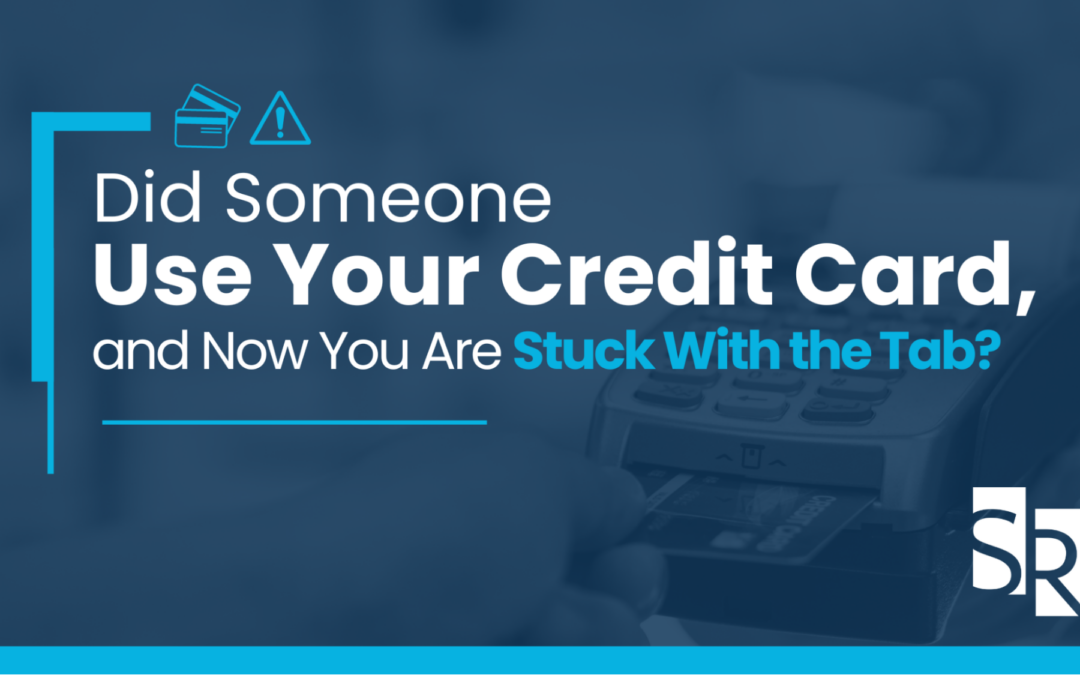If you got your credit card bill in the mail and saw a much higher total than anticipated, you can likely blame it on someone stealing your information. Credit card fraud is, unfortunately, becoming more and more common in our digital world, and it is affecting everyone. You might think you are protecting yourself, but thieves are finding any way to sneak in and spend your money. And sadly, your bank might stick you with the tab. However, the battle doesn’t stop there. Don’t get stuck with the tab of a thief. Fight back.
What Are Your Rights?
Identity theft and credit card fraud are illegal – plain and simple. Your rights as a consumer protect you from being affected by a thief. However, if you are reacting to money already being spent, there are some steps to take to ensure you are not getting stuck with the tab and that your credit score is not permanently changed because of someone else’s actions. Consumer protection laws ensure you are heard. If a bank or credit card company is trying to make you pay for something you didn’t do, don’t accept it.
Understanding a “Card Present” Transaction
One of the reasons that a bank might stick you with the bill is because it was a “card present” transaction. This means that the card was physically used to make the purchase. However, you know for a fact that the card was in your possession the whole time, so that doesn’t make sense, right? Unfortunately, a “card present” transaction can happen even if the genuine credit card is in your wallet. Thieves have adapted to the times and can now create identical copies of chips and cards to use as they please. Thankfully, many stores ask for identification, but when they don’t, you are susceptible to being stolen from by thieves who made a copy of your card. If this is the case, it is essential to provide evidence that you were not at the location of the purchase and that the card has been with you.
What if the Banks Don’t Investigate?
If a bank is sticking you the tab, it is most likely because they concluded that your case was insufficient to support an identity theft claim. Now, of course, you know you didn’t make that purchase, and being told that the bank will not further investigate and will force you to pay it can be infuriating. If the bank chooses not to investigate, you are not stuck. You can ask for a detailed explanation as to why they won’t investigate and then take that explanation and start an appeal process with the bank to try to override the decision. Additionally, you can report the bank to its regulator, ensuring that you get the bank’s attention. You have options if the bank decides not to investigate. Moreover, taking these steps with a consumer attorney by your side can ensure that your case is sound and heard by the right people.
Do You Really Need to Pay for a Thief’s Purchases?
You will not have to pay for a thief’s purchase if you push for an investigation and continue the process of reporting identity theft to the FTC, police, your bank, and other organizations. At most, if you catch that your credit card was stolen after purchases have been made, you may be stuck with paying a maximum of $50. However, anything past that can be fought against. To ensure you are heard, your case is backed with the proper evidence, and you take the ideal steps moving forward, partnering with a consumer law attorney can be your best choice. An attorney can go up against large businesses for you to make sure you are heard in your case and that the organizations are moving forward with the claims.
What Does This Fraud Do to My Credit Score?
Aside from sticking you with the tab, the extra charges can also have a profound effect on your credit score. Your credit card most likely has a credit limit. The thief has used up some of that limit. This affects what is called the credit utilization ratio. Credit utilization ratio, also known as credit utilization rate, is the percentage of revolving credit you’re using compared to the total amount of revolving credit you have available. It’s an important factor in your credit score. The Consumer Financial Protection Bureau (CFPB) recommends keeping your credit utilization ratio below 30%. The higher your credit utilization rate, the lower your FICO credit score.
So, have you been stuck with a tab you didn’t rack up? If so, it’s time to speak to a consumer law attorney. Contact the team at Stecklein Robertson Law.
